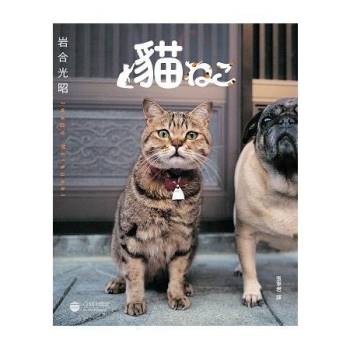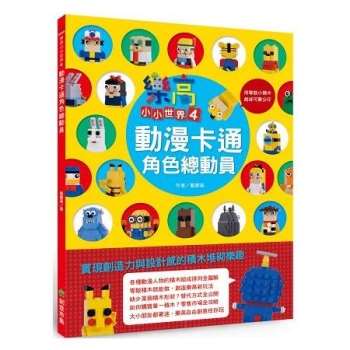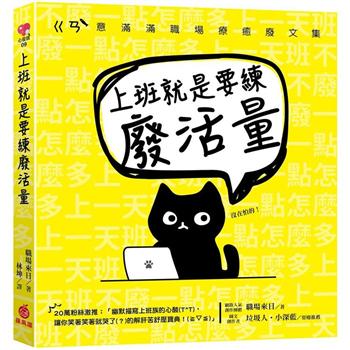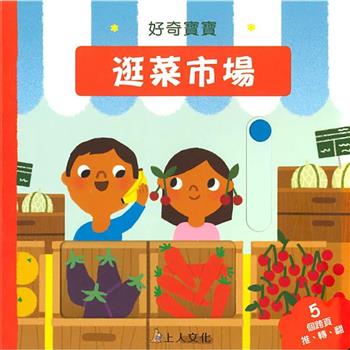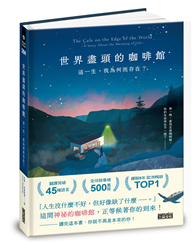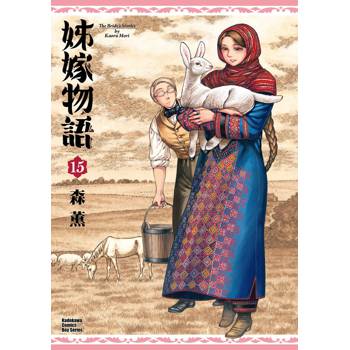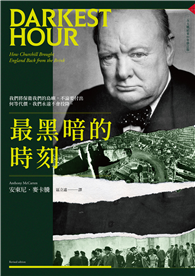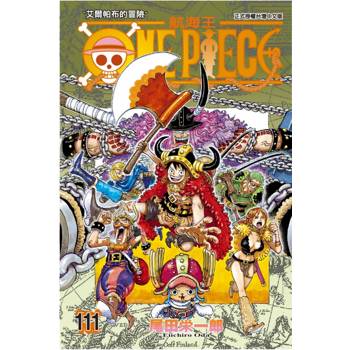Ka Māno Wai is dedicated to the mo’olelo (stories) of fourteen esteemed kumu loea (expert teachers) who are knowledge keepers of cultural ways. Kamana’opono M. Crabbe, Linda Kaleo’okalani Paik, Eric Michael Enos, Claire Ku’uleilani Hughes, Sarah Patricia ’Ilialoha Ayat Keahi, Jonathan Kay Kamakawiwo’ole Osorio, Lynette Ka’opuiki Paglinawan, Sharon Leina’ala Bright, Keola Kawai’ula’iliahi Chan, Charles "Sonny" Kaulukukui III, Jerry Walker, Gordon "’Umi" Kai, Melody Kapilialoha MacKenzie, and Kekuni Blaisdell are renowned authorities in specialty areas of cultural practice that draw from ancestral ’ike (knowledge). They are also our mentors, colleagues, friends, and family. Their stories educate us about maintaining and enhancing our well-being through ancestral cosmography and practices such as mana (spiritual, supernatural, or divine power), mālama kūpuna (care for elders and ancestors), ’āina momona (fruitful land and ocean), ’ōlelo Hawai’i (Hawaiian language), ho’oponopono (conflict resolution), lā’au lapa’au (Hawaiian medicinal plants), lomilomi (massage), and lua (Hawaiian art of fighting).
The trio of authors’ own dedicated cultural work in the community and their deep respect for Hawaiian worldviews and storytelling created the space for the intimate, illuminating conversations with the kumu loea that serve as the foundation of the larger mo’olelo told in this book. With appreciation for the relational aspect of Native Hawaiian culture that links people, spirituality, and the environment, beautifully nuanced photographic portraits of the kumu loea were taken in places uniquely meaningful to them. The title of this book, Ka Māno Wai: The Source of Life, has multilayered meanings: in the same manner that water sustains life, ancestral practices retain history, preserve ways of being, inform identity, and provide answers for health and social justice. This collection of life stories celebrates and perpetuates kanaka values and reveals ancestral solutions to challenges confronting present and future generations. Nourishing connections to the past--as Ka Māno Wai does--helps to build a future of wellness. All who are committed to ’ike, healing, and community will find inspiration and guidance in these varied yet intertwined legacies.| FindBook |
|
有 1 項符合
Mokuau的圖書 |
 |
$ 1800 | Ka Māno Wai: The Source of Life
作者:Mokuau 出版社:University of Hawaii Press 出版日期:2023-06-30 語言:英文 規格:平裝 / 224頁 / 普通級/ 初版  看圖書介紹 看圖書介紹
|
|
|
圖書介紹 - 資料來源:博客來 評分:
圖書名稱:Ka Māno Wai: The Source of Life
內容簡介
作者簡介
Noreen K. Mokuau (Author) Noreen K. Mokuau is emerita professor and former Dean at the University of Hawai`i at Mānoa Thompson School of Social Work & Public Health.S. Kukunaokalā Yoshimoto (Author) S. Kukunaokalā Yoshimoto is the executive director at Blueprint for Change and adjunct faculty at the University of Hawai`i at Mānoa Thompson School of Social Work & Public Health.Kathryn L. Braun (Author) Kathryn L. Braun is professor of public health and social work and the Barbara Cox Anthony Endowed Chair in Aging at the University of Hawai`i at Mānoa Thompson School of Social Work & Public Health.
|
